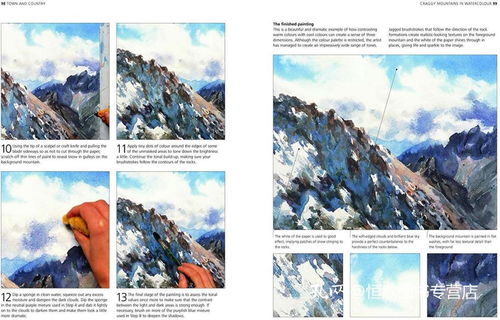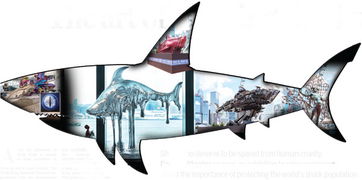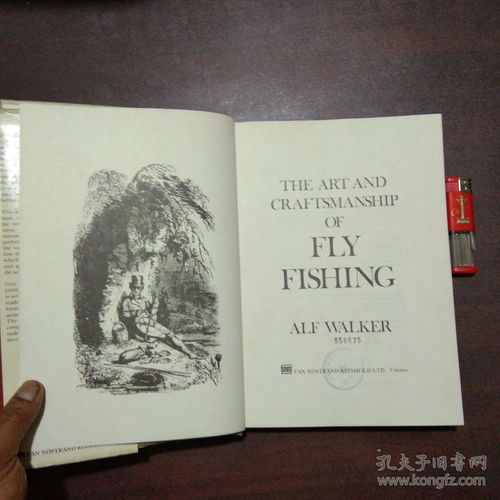Content:
Introduction: Fishing in roadside ditches can be an enjoyable and rewarding activity, especially for those who want to enjoy the outdoors without the need for a boat or a lake. While it may not be the most conventional fishing spot, roadside ditches can provide some of the best fishing experiences. In this article, we will discuss the techniques and tips for successful fishing in roadside ditches.

Choosing the Right Spot: The first step in fishing in roadside ditches is to find the perfect spot. Look for areas where the water is relatively calm and there are plenty of submerged objects, such as rocks, logs, or debris. These areas often attract fish due to the available cover and food sources.
Understanding the Habitat: Roadside ditches are home to a variety of fish species, including catfish, bass, bluegill, and sunfish. To be successful, it is important to understand the habits of these fish. For example, catfish are often found in deeper areas with plenty of cover, while bass and sunfish prefer shallow, weedy areas.
Equipment: When fishing in roadside ditches, it is essential to have the right equipment. Here are some essential items to consider:
- Rod and reel: Choose a rod and reel that are suitable for the fish species you are targeting. A medium-heavy rod with a spinning reel is a good all-around choice.
- Line: Use a monofilament line with a thickness that matches the size of the fish you are targeting. For example, 8-12 lb test line is suitable for bass and sunfish, while 15-20 lb test line is better for catfish.
- Lures and baits: Depending on the fish species, you may need different types of lures and baits. Soft plastics, spinners, and live bait like worms, crickets, and minnows are all effective options.
- Hooks: Use sharp, appropriate-sized hooks for the fish you are targeting. For instance, a 1/0 hook is suitable for bass, while a 3/0 hook is better for catfish.
Casting Techniques: Casting in roadside ditches requires a different approach than casting in open water. Here are some tips to help you improve your casting technique:
- Keep your rod low and close to the water when casting. This helps reduce the chances of snags and increases accuracy.
- Use a sidearm cast to avoid casting directly over submerged objects.
- Practice your casting technique to develop a smooth, accurate cast.
Baiting and Luring: When fishing in roadside ditches, it is important to use the right bait or lure to attract the fish. Here are some tips for successful baiting and luring:
- Use natural baits like worms, crickets, or minnows when fishing for catfish. These baits are highly effective and can be easily retrieved through the water.
- For bass and sunfish, soft plastics and spinners are excellent choices. These lures can be worked through the water to mimic natural prey.
- Pay attention to the water conditions and adjust your baiting and luring techniques accordingly. For example, during hot weather, fish may be more active and responsive to lures, while during cooler weather, they may prefer more natural baits.
Patience and Persistence: Fishing in roadside ditches can be challenging, and success may not come quickly. It is important to be patient and persistent. Here are some tips to help you stay focused and increase your chances of catching fish:
- Start early in the morning or late in the evening when the fish are most active.
- Change your bait or lure if you are not getting any bites.
- Keep an eye on your equipment and be prepared to adjust your technique as needed.
- Don't get discouraged if you don't catch anything right away. Sometimes it takes time to find the right spot or the fish may simply not be biting.
Conclusion: Fishing in roadside ditches can be a fun and rewarding experience for anglers of all skill levels. By following these tips and techniques, you can increase your chances of success and enjoy the beauty of the outdoors. Remember to always practice responsible fishing and respect the environment and local regulations. Happy fishing!












